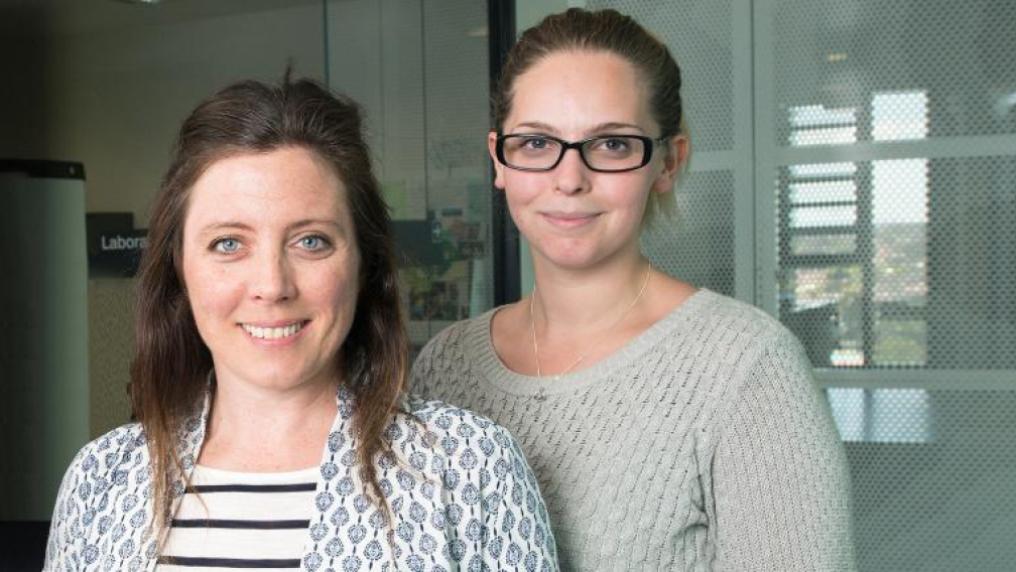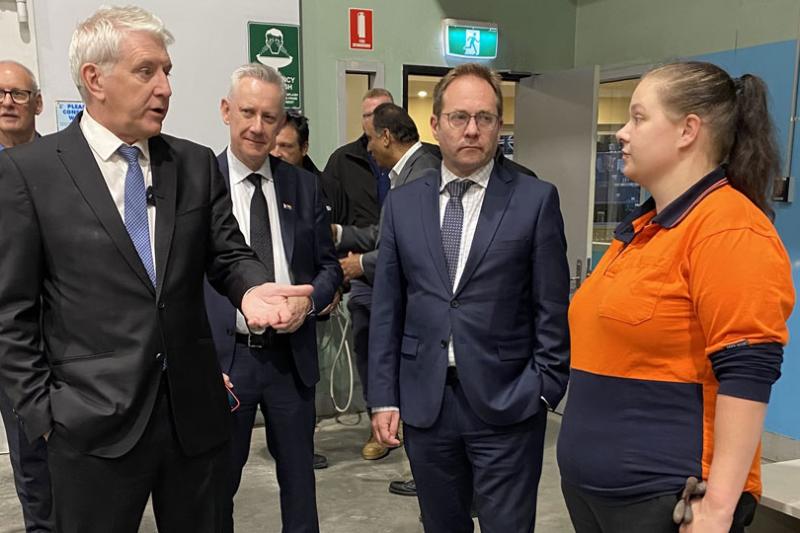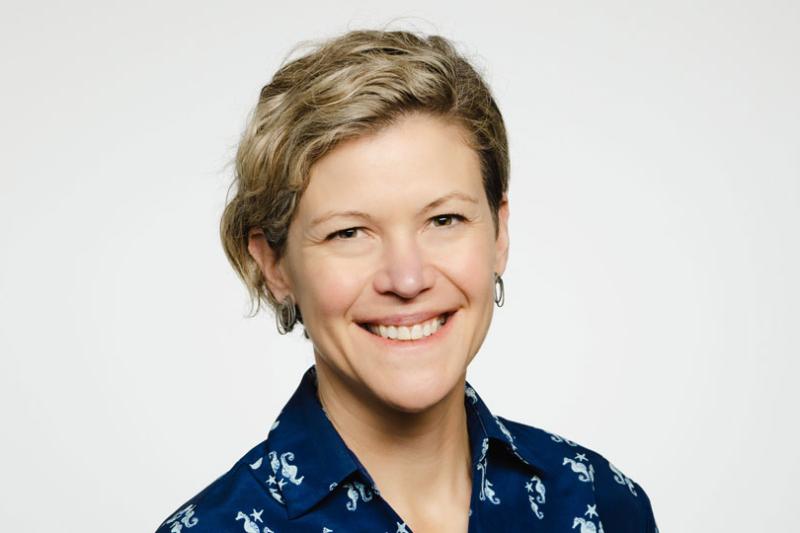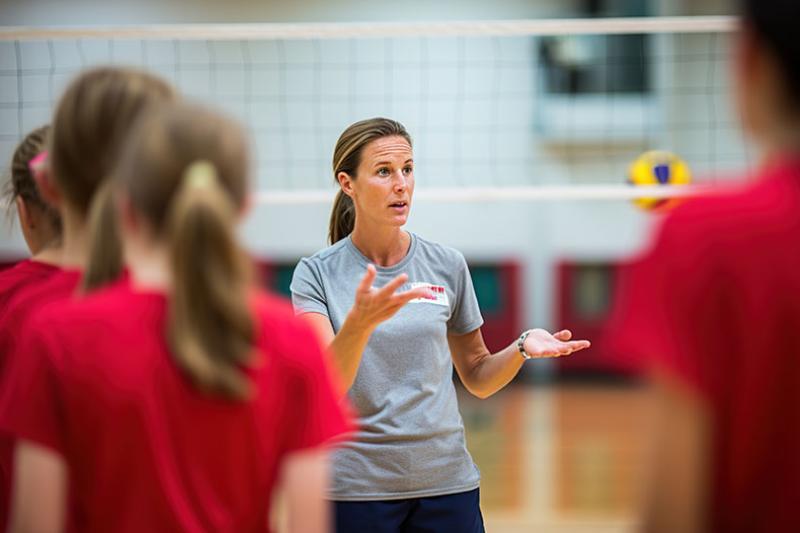Could this be the answer to a rare, muscle wasting genetic disease?

A story of multigenerational research and advocacy is on the verge of a major international breakthrough.
It begins in the 1980s where Dr Charles Bonsett an American neurologist conducted a 10-year clinical for a drug Adenylosuccinic Acid (ASA) to treat Duchenne muscular dystrophy.
Duchenne muscular dystrophy is a fatal, genetic disease which causes muscle weakness and degeneration. It’s estimated around 20,000 children worldwide are diagnosed with Duchenne every year, with an average life expectancy of 28 years of age.
Fast-forward to early 2008, where a young Victoria University (VU) researcher, Associate Professor Emma Rybalka referenced Dr Bonsett’s research in her PhD thesis on Duchenne – the pair struck up a friendship and a research collaboration.
In 2020, Dr Bonsett died aged 98, but his estate has continued to support Associate Professor Rybalka’s research.
Meanwhile, Californian-based Priyanka Kakkar and Naveen Baweja, were desperately looking for treatment options for their two children who were diagnosed with ADSSL1 myopathy - an extremely rare and fatal genetic disorder that causes muscle function failure, loss of mobility in arms and legs, impacts lung and heart function. People living with ADSSL1 also lose the ability to chew and swallow.
It's thought only around 200 people around the world live with ADSSL1, of which Priyanka and Naveen’s children are two. In their search for answers, they came across Associate Professor Rybalka and her PhD student Dr Cara Timpani’s ASA research, published in Scientific Reportsand wondered if the drug could treat ADSSL1.
Associate Professor Rybalka is now the pre-clinical lead on a research Investigational New Drug (IND) application to the US Food and Drug Administration (FDA) for the purpose of clinical development of ASA in ADSSL1 myopathy patients sponsored by Cure ADSSL1, a not-for-profit started by Priyanka and Naveen.
“We are working with a team of dedicated rare disease, regulatory and drug development consultants, and if our application to the FDA is successful, the trial can begin in 2024,” Associate Professor Rybalka said.
My team at VU will be doing a pre-clinical animal trial alongside to help build a body of evidence that will hopefully support our existing research, meaning this drug may be successful in treating ADSSL1. The pinnacle of my career would be if I could help people with my research. If a child gets this drug and gets relief from it, I’m happy. It’s a lifetime of work for a biomedical researcher to see impact. So I would feel very fortunate if at the end of my career I could see that.”
As for Dr Bonsett, whose research began this story, Associate Professor Rybalka said it would also be an incredible legacy for his family to see his work back in a clinically meaningful place.



